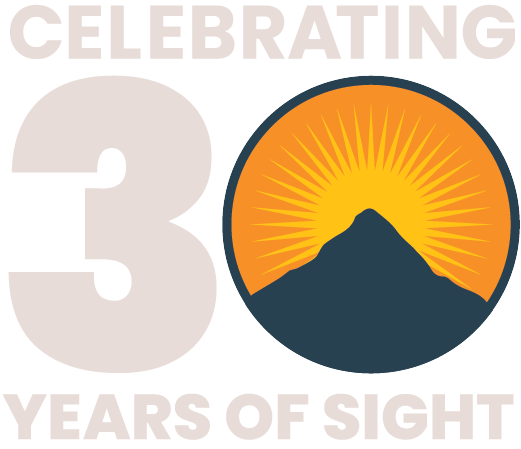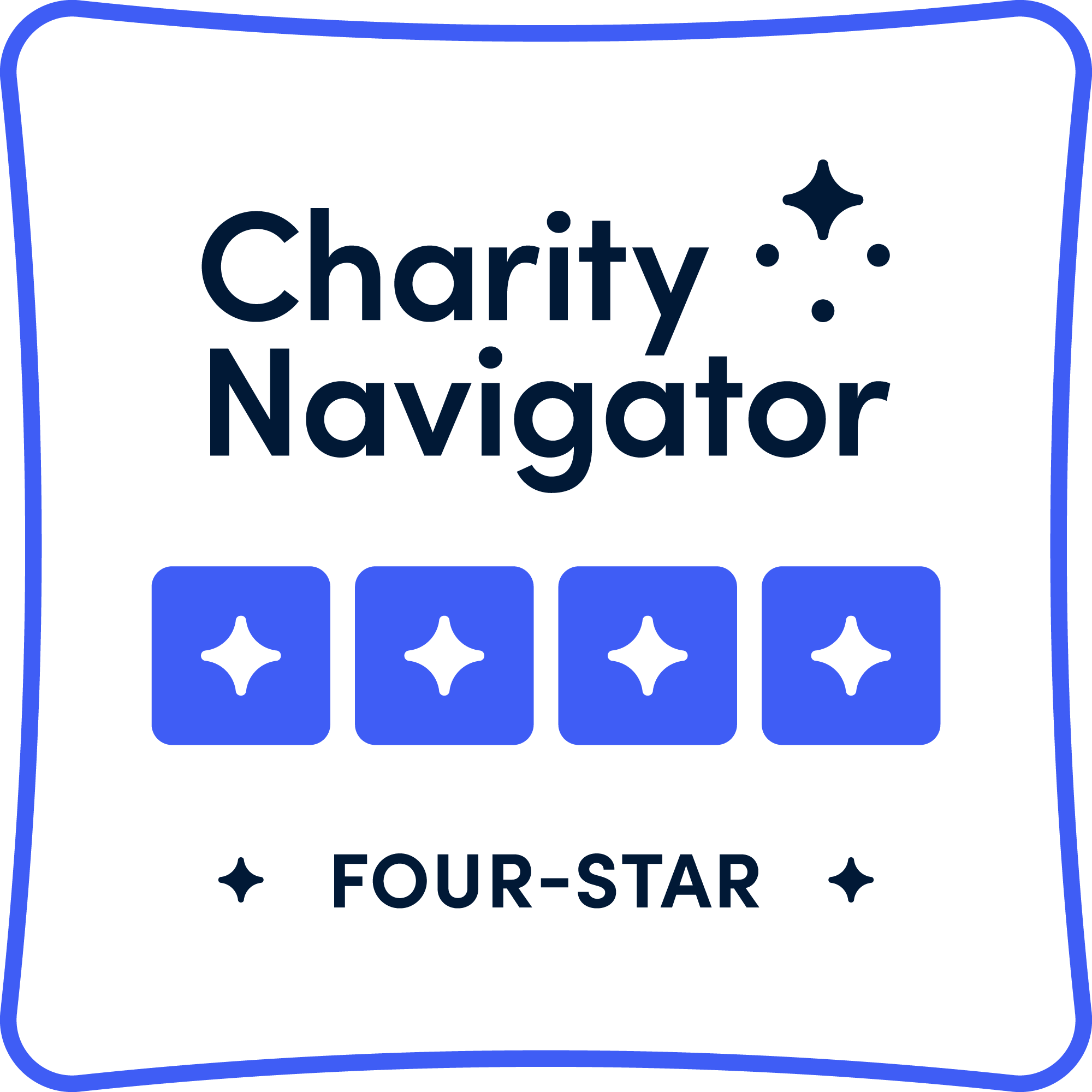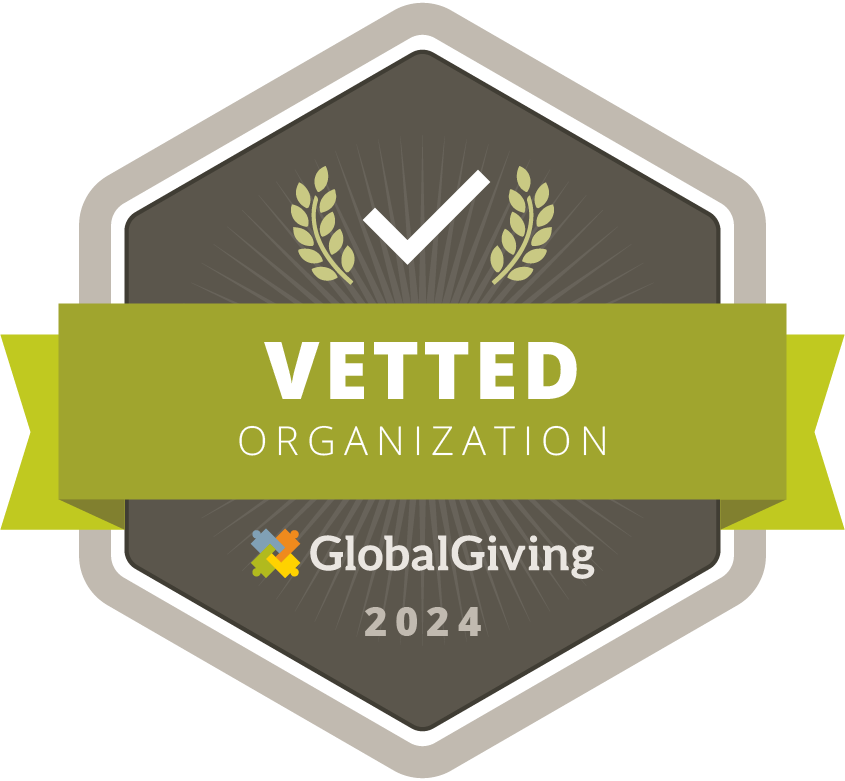Dr. Naa Tagoe
"It’s my hope that Ghana will get to a point where no one is needlessly blind from preventable causes of blindness"
HCP has sponsored 89 trainings for Ghanaian ophthalmologists since 2005, including subspecialty hands-on fellowships and observerships, cataract surgical skills training, and increasingly strengthening residency programs and resident surgical skills. Dr. Naa Tagoe at Korle Bu Teaching Hospital is one such example. She is Head of the Neuro-ophthalmology and Glaucoma clinics, Coordinator/Director of Training and Research, an ophthalmology faculty member for the West African College of Surgeons and Ghana College of Physicians and Surgeons, and HCP Residency Program Coordinator at Korle Bu.

Born in Cape Coast, the central region of Ghana, Dr. Tagoe’s father was a medical practitioner traveling the country. After primary school in Tamale, she returned to Cape Coast, then completed her undergraduate and postgraduate studies at University of Ghana School of Medicine and Dentistry in Accra, Ghana.
Dr. Tagoe chose ophthalmology after a lecture in medical school.
“I first considered ophthalmology during a brilliantly delivered lecture by Dr. Maria Hagan on ‘market’ ophthalmology, this got me seriously thinking of ophthalmology. So when I completed my internship in medicine and general surgery, I found it easy to join the unit of ophthalmology because a close friend working there suggested it. I found that I loved it!
Interestingly, my friend left the department to pursue public health. However, I found a mentor in Dr. Vera Essuman, who had a number of talks with me to convince me to stay in ophthalmology. I remember her words, ’Naa, don’t just work, write the entrance examination and join the postgraduate program.’ I went ahead with that and it’s a decision I will never regret.
All I wanted to do then was write the diploma exam in ophthalmology but another senior colleague and mentor, Dr. Stephen Akafo convinced me to go for the fellowship program instead. This I am very grateful for. I enjoy ophthalmology and find it very compatible with family life. A career in ophthalmology allows me to be the clinician and surgeon I desire to be, as well as a good wife and mum.
My decision to pursue neuro-ophthalmology was made during my fellowship training. As part of our training we were to spend time in other specialties closely related to ophthalmology. During my one month rotation through internal medicine, I had come across a patient who presented with a hemiparesis due to a pituitary apoplexy. This patient had been an attendant at the eye clinic but the optic disc findings had been missed. This got me to read more about pituitary adenomas and other ocular manifestations of brain tumors and before I knew it, I found that I enjoyed playing the role of a detective ophthalmologist in neuro-ophthalmology! I was mentored throughout this subspecialty by Dr. Vera Essuman. I have continued to run this clinic at the eye centre since completing my fellowship in 2008. I am grateful to HCP for the opportunity to have some extra training.”
Dr. Tagoe first encountered HCP as a training coordinator at Korle Bu and has been involved since the partnership with the hospital began in 2017. Most recently, she completed a short-term neuro-ophthalmology fellowship at the Tilganga Institute of Ophthalmology in Nepal that ran from April - August, 2018.

Dr. Tagoe shared this highlight from the training, “I had the opportunity to attend the 2018 SAARC conference which was very insightful. Together with my mentor Dr. Keepa, I also had the opportunity of working with Judith Warner, a great resource at the SAARC conference.”
Through her work Dr. Tagoe has seen the impact of Ghana’s eyecare system first hand.
“In 2011, I received training in trabeculectomy with releasable sutures. Since then, I have imparted the skill to others and I believe performing trabeculectomy on glaucoma patients will help control the disease in those patients who cannot afford to purchase medication, thus helping to reduce glaucoma blindness in the country.”
Although there is much work still to be done, Dr. Tagoe sees a bright future for Ghana’s eye care system.
“It’s my hope that Ghana will get to a point where no one is needlessly blind from preventable causes of blindness. Furthermore, in the not too distant future, Ghana will be able to train its own subspecialists so that ophthalmologist do not have to travel outside the country for subspecialty training.”



